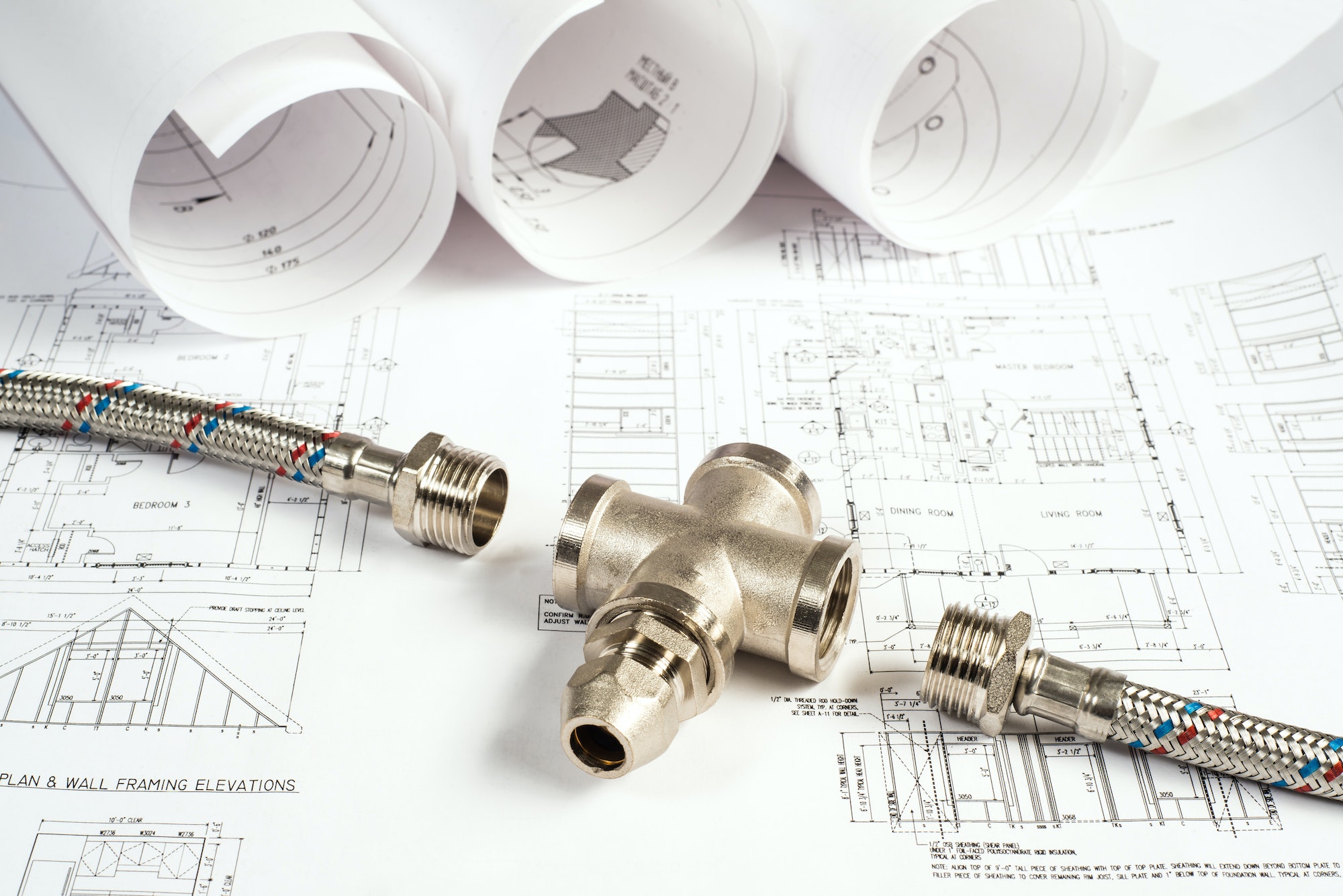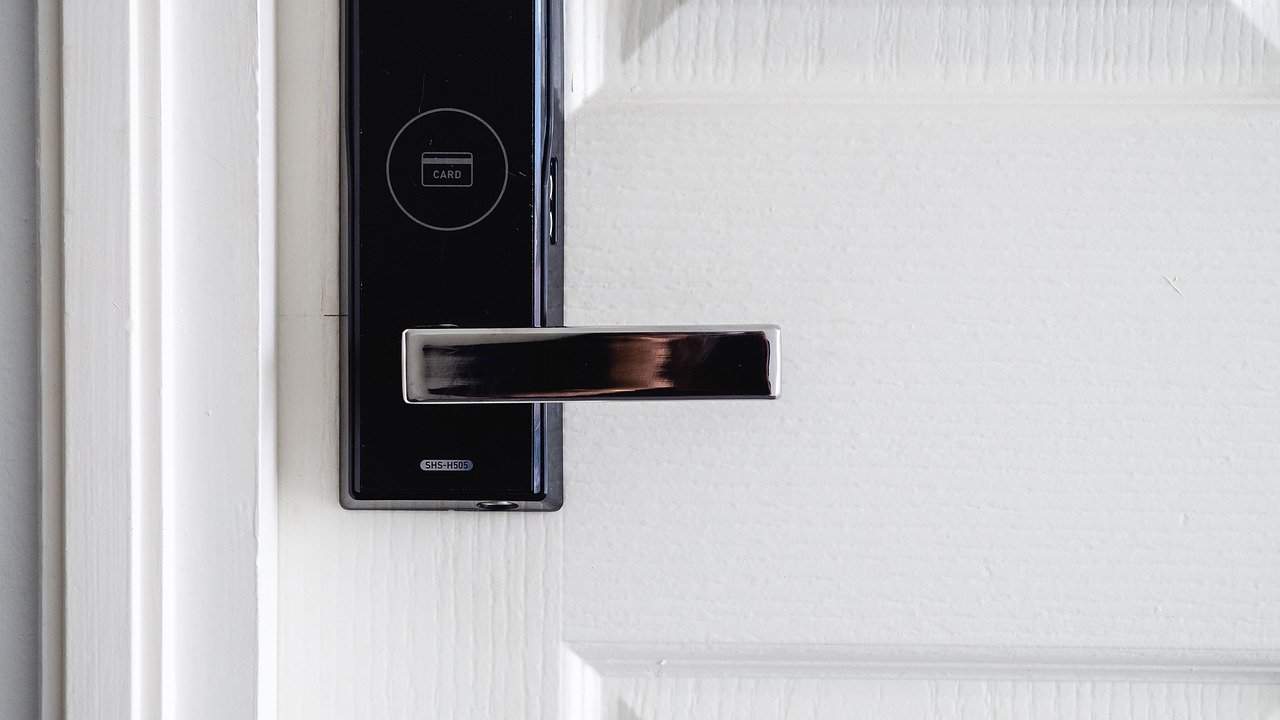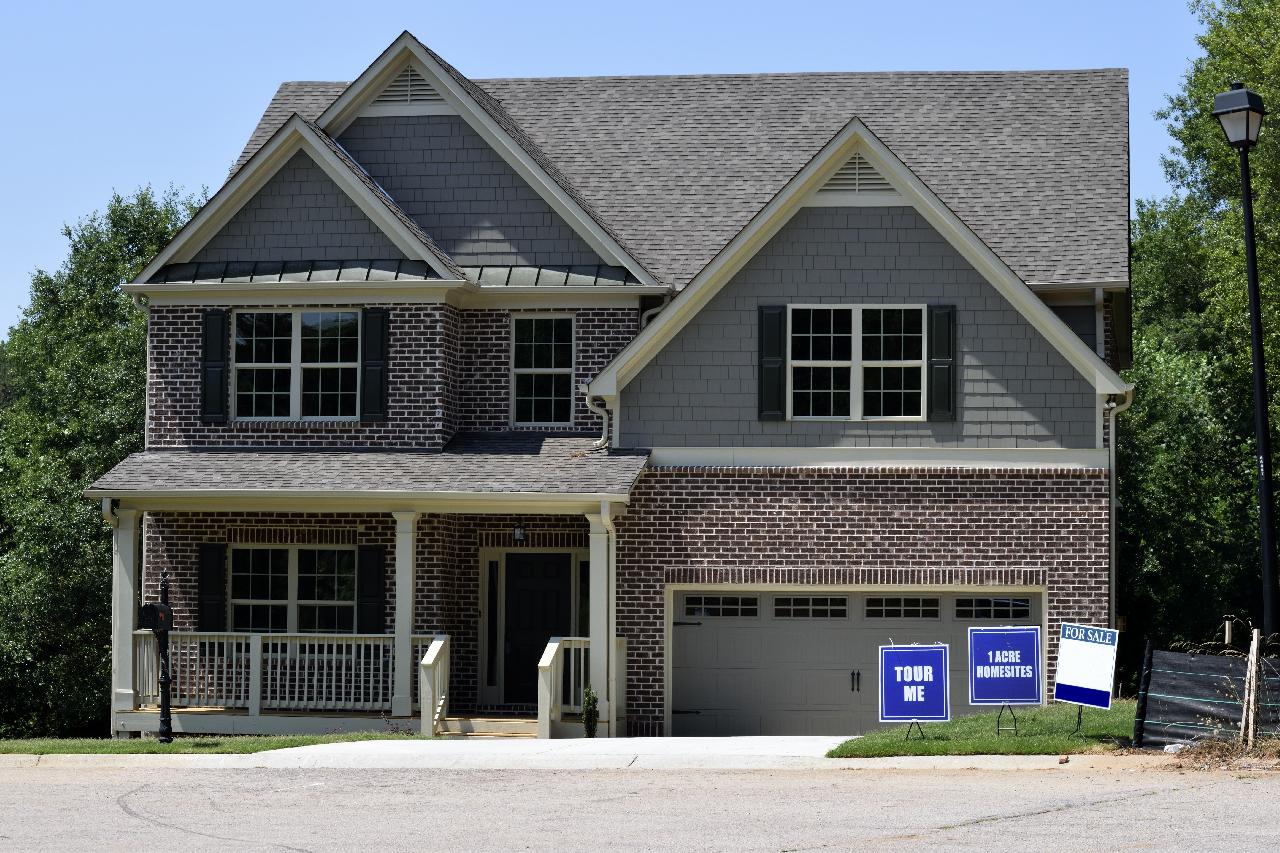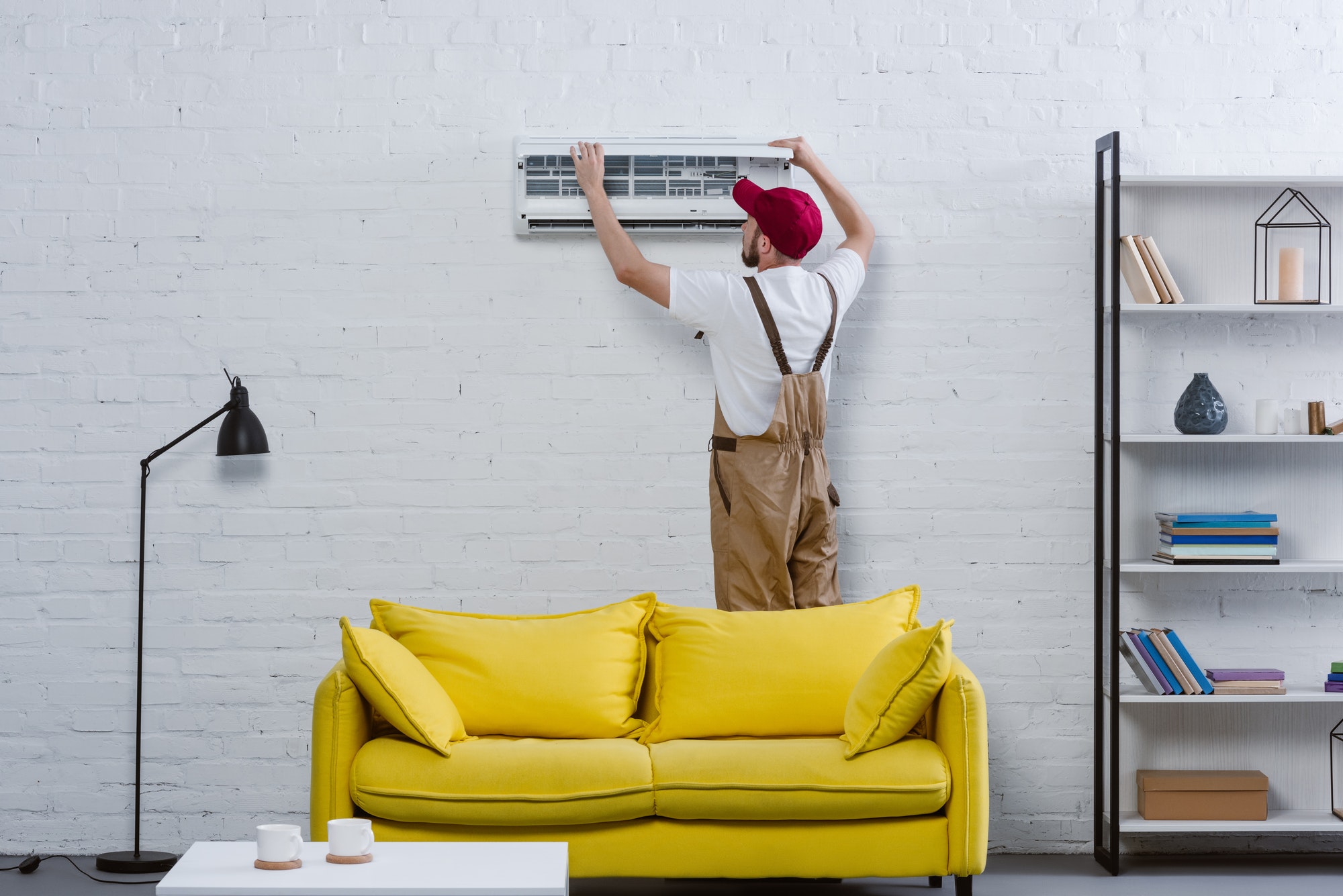Every home’s unsung heroes are its essential systems, particularly the plumbing. This intricate network of pipes and fixtures works tirelessly behind the scenes to provide us with the water we need and efficiently carry away waste.
However, when issues arise, they can disrupt our routines, comfort, and peace of mind. These moments underscore the importance of professional plumbers, like the skilled plumbers in Loveland CO, who are dedicated to keeping our homes running smoothly.
Understanding Your Home’s Plumbing System
A home’s plumbing system is an intricate network responsible for supplying fresh water and disposing of waste. It consists of two main subsystems: one that brings water in, and another that takes wastewater out.
Water enters your home under pressure through pipes, which direct it to your fixtures and appliances. Waste disposal occurs through a system of drain pipes.
It’s crucial to maintain this system regularly and stay vigilant for signs of trouble, like low water pressure, recurrent clogs, or discolored water.
Common Plumbing Issues and Their Impact
Common plumbing issues can range from minor inconveniences to significant disruptions. Leaky faucets or pipes not only waste water but can also cause structural damage over time.
Low water pressure can affect your daily routines like showering or cleaning. Persistent drain clogs can result in water backing up, leading to potential hygiene issues and a less functional home.
Moreover, faulty water heaters can disrupt hot water supply, affecting various household tasks. Severely damaged pipes can cause water to leak into your home’s structure, potentially leading to mold growth and structural instability.
Essential Upgrades for Preventing Plumbing Issues
To maintain a smooth-running home and prevent recurrent plumbing issues, it’s essential to consider several key upgrades.
- Pipe Material Upgrades: Homes with antiquated plumbing systems often have pipes made of materials like iron or lead, which are prone to corrosion and other damages over time. Upgrading to newer materials such as PVC, PEX, or copper can significantly increase your system’s longevity and efficiency. PVC and PEX are particularly resistant to corrosion, while copper pipes are known for their durability and heat resistance. Although an initial investment is required, it can save substantial amounts in potential repair costs in the long run.
- Water Pressure Regulation: High water pressure might seem like a blessing during showers, but it can put undue strain on your plumbing system, leading to leaks or damaged fixtures. Installing pressure-reducing valves helps maintain a safe water pressure level, protecting your system from unnecessary wear and tear.
- Drainage System Upgrades: Older homes often suffer from inefficient drainage systems, leading to frequent clogs or backups. Modern drainage systems, which use wider and smoother pipes, can greatly enhance the efficiency of wastewater disposal. Additionally, incorporating backwater valves can prevent sewer backups, protecting your home from potential water damage.
- Water Heater Upgrades: Traditional water heaters can be a source of inefficiency and unnecessary costs in many homes. Upgrading to a tankless or energy-efficient water heater not only provides an endless supply of hot water on demand but also significantly reduces energy bills, providing savings over the system’s lifetime.
- Water Softener Installations: For homes in areas with hard water—water rich in minerals—a water softener is an essential upgrade. It helps prevent scale buildup within your pipes and on your fixtures, preserving their function and appearance.
These essential upgrades can help prevent a multitude of plumbing issues, saving homeowners time, money, and stress. Investing in these improvements, can ensure your home’s plumbing system runs smoothly and efficiently, enhancing the comfort and value of your home.
Smart Home Technologies for Plumbing
In the digital age, smart home technologies have emerged as a boon for homeowners, offering convenience, efficiency, and improved maintenance, especially in plumbing.
- Leak Detectors and Automatic Shutoff Valves: These devices can be installed near appliances or areas prone to leaks. Upon detecting any water leakage, they send an immediate alert to your smartphone, allowing for quick response. Some advanced systems also come with automatic shutoff valves, which can stop the water flow to prevent significant water damage.
- Smart Faucets and Toilets: These devices incorporate features like touchless operation and programmable settings, ensuring water efficiency and hygiene. Some smart toilets can even monitor for inconsistencies in water usage that might signal a leak.
- Water Heater Controllers: Smart controllers for water heaters allow you to regulate the temperature remotely, offering both convenience and energy savings. They can also provide diagnostics to help catch any issues early.
- Smart Irrigation Systems: For outdoor plumbing, smart sprinklers can be programmed to water your landscape more efficiently, reducing water waste.
Smart home technologies in plumbing represent a powerful tool in preventing issues, enhancing efficiency, and providing invaluable peace of mind. By integrating these innovations into your home, you can take a proactive stance on home maintenance and resource conservation.
Maintenance Tips for a Smooth-Running Plumbing System
Keeping a plumbing system running smoothly goes beyond essential upgrades and smart home technologies. It also requires regular maintenance and proper usage habits.
First and foremost, routine inspections are vital, if you notice a small leak or a slow drain, address it immediately. Ignoring minor issues often leads to more significant, costlier problems down the line.
Second, be mindful of how you’re using your plumbing fixtures. Avoid flushing non-degradable items down the toilet and refrain from disposing of grease or food scraps in the kitchen sink to prevent clogs.
Use drain strainers to catch hair and other debris in showers and sinks.
Third, regular professional maintenance can also be beneficial. Have a plumber flush your water heater annually to remove sediment build-up and prolong its life.
Lastly, consider seasonal care. For instance, winterize your pipes by insulating them to prevent freezing and bursting in cold weather.
Adhering to these maintenance practices can significantly enhance your plumbing system’s longevity and performance, leading to a more comfortable and worry-free home environment.
Conclusion
A well-maintained and upgraded plumbing system ensures a smooth-running home. Plumbing might not be the most glamorous part of home ownership, but it’s undeniably vital.
Prioritizing your home’s plumbing health, you’ll not only enhance the functionality of your home but also improve your overall quality of life. So, say goodbye to plumbing issues and hello to a happier, healthier home!
Discover more from Futurist Architecture
Subscribe to get the latest posts sent to your email.



